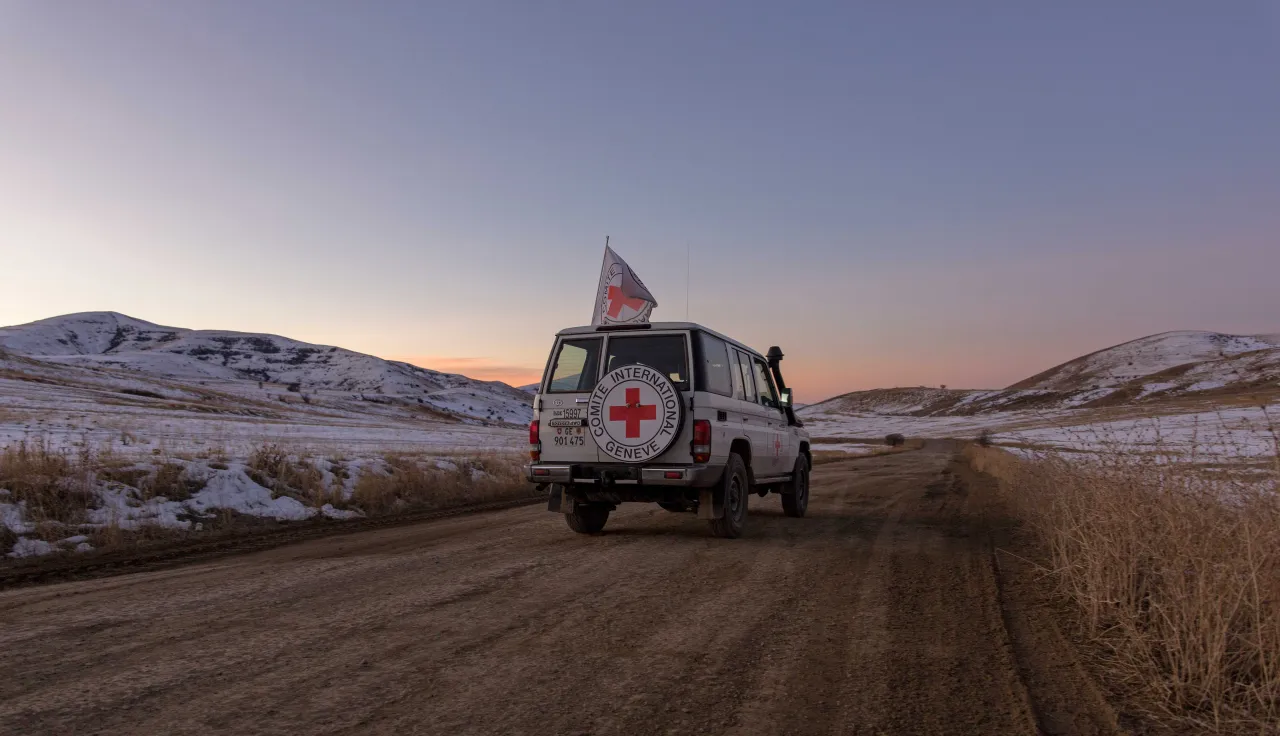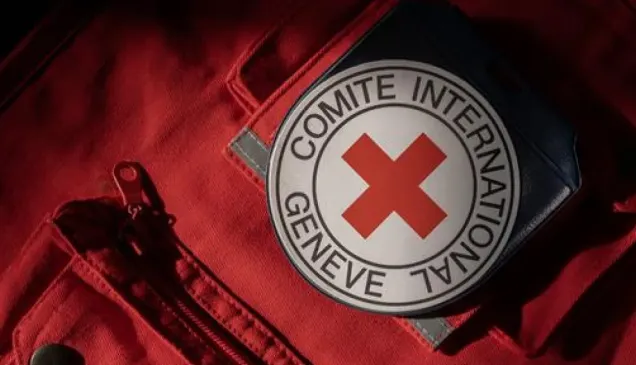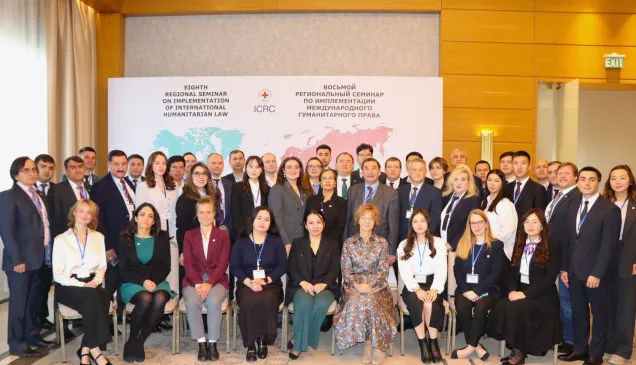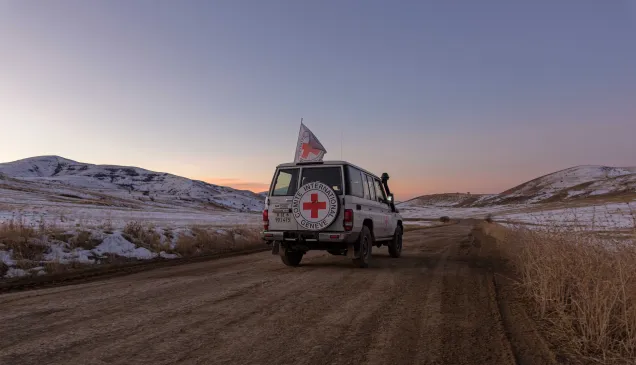Azerbaijan: Facts and figures from over 30 years of humanitarian engagement
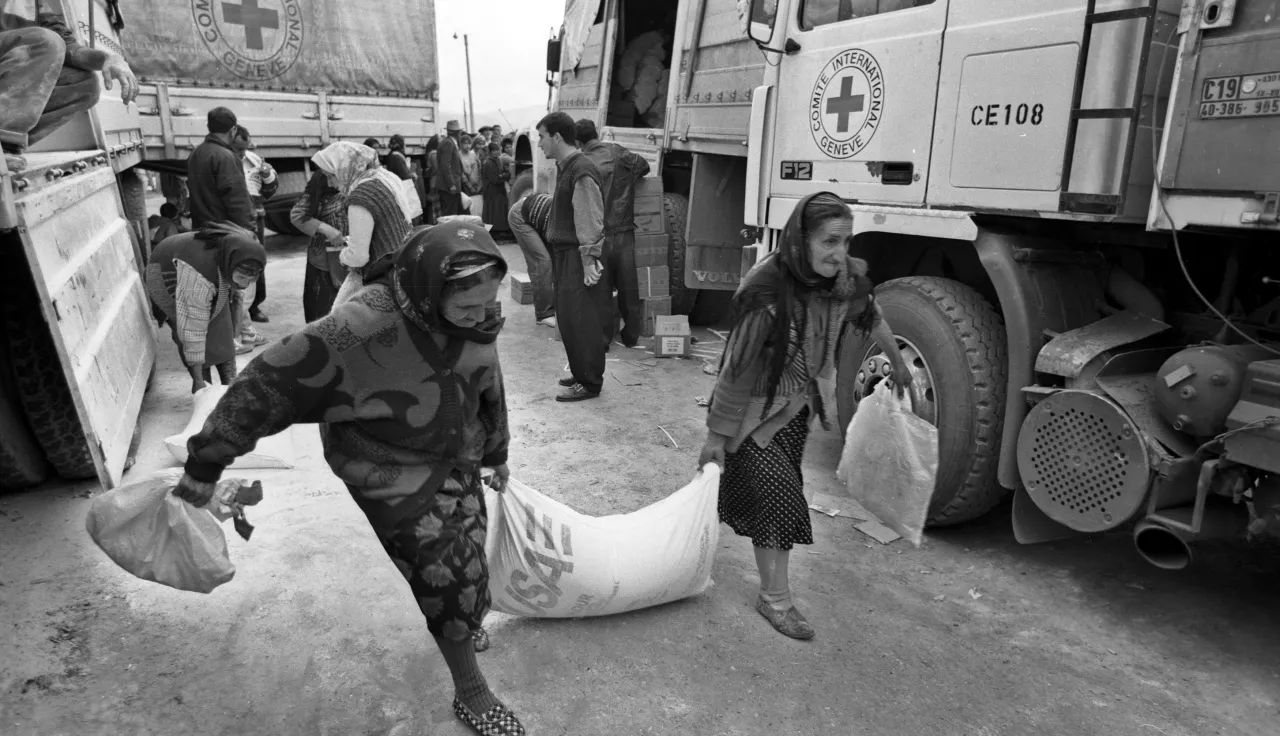
The closure of the International Committee of the Red Cross’s (ICRC) delegation in Azerbaijan marks a moment of transition and reflection. For over 30 years, the ICRC has been part of the country’s humanitarian landscape, addressing the evolving needs of people affected by conflict while prioritizing human dignity and long-term resilience.
Supporting Families of the Missing
The ICRC worked with authorities and communities to trace thousands of people missing from the Karabakh conflict. Beyond tracing, families received legal, forensic and psychosocial support through home visits, peer sessions and an accompaniment programme.
Promoting international humanitarian law
Together with government institutions, universities and media, the ICRC helped integrate humanitarian law into military training, legal education and public discourse. Azerbaijan also hosted the 17th SWIRMO workshop, highlighting its active role in advancing IHL dialogue.
Ensuring humanitarian standards in detention
The ICRC facilitated prisoner repatriations, conducted over a thousand visits to detention places, and pioneered a tuberculosis control programme that became a national model. Confidential dialogue with authorities helped improve detainee treatment and conditions.
Building a strong Red Crescent partnership
Since 1992, the ICRC worked side by side with the Azerbaijan Red Crescent Society, delivering aid, mine risk education, first aid and psychosocial support. Together, they strengthened local capacity through training, emergency volunteer teams and institutional development.
Supporting mental health and psychosocial well-being
From families of the missing to mine survivors, detainees and repatriated children, the ICRC provided counselling, group sessions and psychological screenings. Capacity-building ensured national specialists and institutions could continue this work sustainably.
Mine risk awareness and survivor support
Working with ANAMA and the Red Crescent, the ICRC delivered mine risk education to affected communities, trained survivors as facilitators and provided equipment for clearance. These efforts reduced risks and promoted safer behaviour in frontline areas.
Improving water and infrastructure
Over three decades, the ICRC restored access to water and electricity in conflict-affected areas, repaired schools and health facilities, and introduced eco-friendly solutions such as solar panels and rainwater harvesting.
Strengthening health services
The ICRC renovated health centres, trained frontline responders and surgeons, distributed first-aid kits and trauma equipment, and adapted its programmes during COVID-19 to support the national response.
Supporting livelihoods and economic security
Thousands of families received agricultural inputs, cash assistance, vocational training and microeconomic support. Community projects restored local infrastructure and promoted resilience through sustainable livelihoods.
Facilitating access to education
The ICRC partnered with the Ministry of Science and Education to repair schools, train teachers and promote humanitarian values in curricula. Thousands of vulnerable children and families received direct support to continue education.
